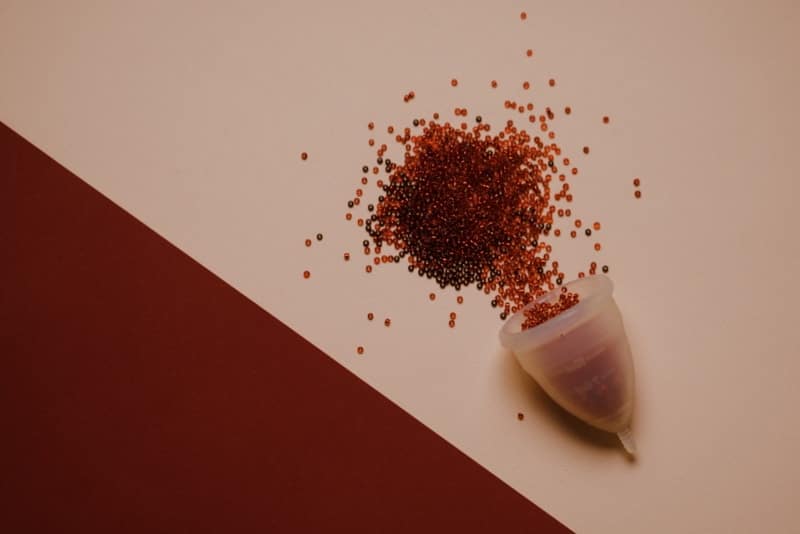Being told you have an ovarian cyst often leaves you with more questions than […]

A normal period has bleeding that generally lasts between 3 to 7 days. Anything that goes beyond that is considered a prolonged period.
See your gynaecologist if you experience more than a few months of long periods, or have associated symptoms like heavy periods, bleeding in between periods, bleeding after sex, or bleeding after menopause.
Your gynaecologist will take a detailed medical history and perform a pelvic examination to check your cervix and uterus. Depending on your symptoms, you may require an ultrasound scan, pregnancy test, Pap smear/HPV test, vaginal swabs, biopsy of the womb lining, or blood tests.
Treatment depends on the cause for your long periods. If the cause is due to certain hormonal medications you are on and your tests return negative, you may not need to do anything if the flow is light. Discuss with your gynaecologist about the appropriate options for you.
Being told you have an ovarian cyst often leaves you with more questions than […]
Chronic bloating. Lower back pain. Fatigue that lingers even after rest. These are symptoms […]
Many women live with Polycystic Ovary Syndrome (PCOS) without realising fact from fiction. This […]





Aster Gynaecology © | All Rights Reserved.